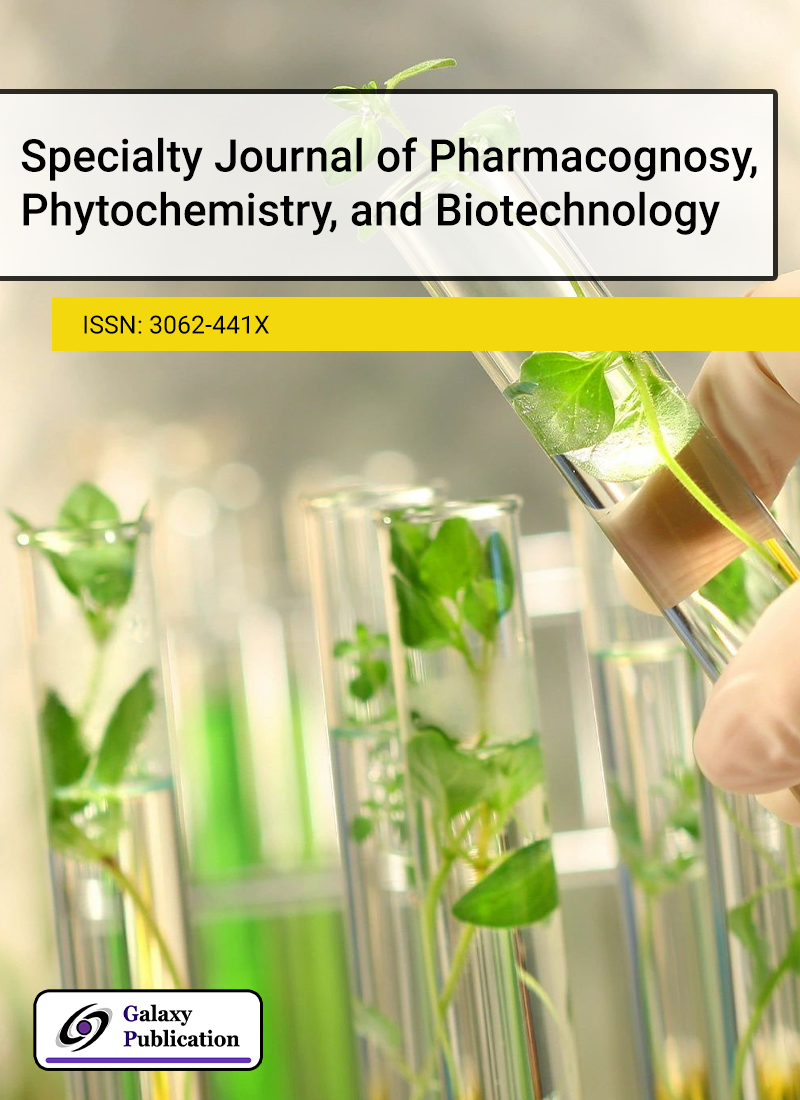
Kumquat, also known as Japanese orange, is recognized as the smallest species in the citrus family. This plant thrives in warmer climates, where it produces an abundant yield of sweet fruits. Beyond its nutritional value, kumquat is regarded for its protective health benefits. Considering the essential role of the liver in executing various metabolic activities, such as nutrient absorption and processing, the current study was designed to investigate the protective and histological effects of kumquat (Citrus japonica) extract in rats subjected to carbon tetrachloride (CCl4) toxicity. This experimental investigation was conducted under controlled laboratory conditions using animal cages. Initially, all rats underwent a one-week period of adaptation during which they were maintained on a standard basal diet. Following this, the animals were divided into five separate groups, each comprising six rats. The first group served as the negative control (C -ve), receiving only the basal diet for 28 days without exposure to CCl4. The remaining 24 rats were administered CCl4 injections to induce hepatic injury and were subsequently divided into four experimental groups. Among these, three groups were treated with different doses of kumquat ethanol extract — specifically 150, 200, and 250 mg/kg body weight — while the fourth group represented the positive control, receiving CCl4 without any dietary intervention. The results showed that rats exposed to different concentrations of kumquat extract exhibited significant reductions in the mean values of hepatic markers when compared to the positive control group. Notably, group 5, which received the highest kumquat extract dose, showed the most pronounced improvement in serum alkaline phosphatase (ALP) levels, approaching values observed in healthy (normal) rats. These findings suggest that regular consumption of kumquat may have protective benefits for liver health and may be recommended as a part of the daily diet.